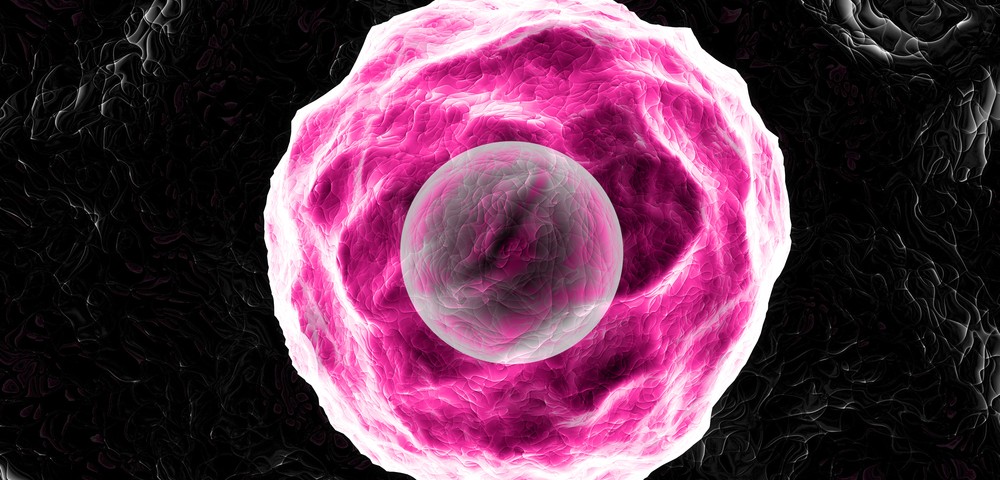The FDA has granted Merck’s anti-PD-1 therapy Keytruda (pembrolizumab), Breakthrough Therapy Designation (BTD) for the treatment of patients with relapsed or refractory (r/r) classical Hodgkin’s lymphoma (cHL). The FDA previously granted BTD for Keytruda for advanced melanoma, non-small lung cancer (NSLC), and colorectal cancer.
“Merck has launched an ambitious clinical development program examining the efficacy of Keytruda in a broad range of solid and blood cancers, and our studies of relapsed or refractory classical Hodgkin lymphoma are quite promising,” Dr. Roger M. Perlmutter, president of Merck Research Laboratories, explained in a press release. “The FDA’s Breakthrough Designation for this blood cancer provides an important mechanism to assist us in bringing this immunotherapy to patients who could benefit from its use.”
Hodgkin’s lymphoma is a specific type of lymphoma separated into two subtypes: classical HL (cHL) and nodular lymphocyte predominant HL (NLPHL). It is estimated that in 2016, there will be more than 8,500 new HL cases diagnosed in the U.S. alone, with cHL accounting for 95 percent of all HL cases.
FDA’s Breakthrough Therapy Designation is meant to expedite the development and review of a drug candidate meant to be used alone or in combination with other medicines to treat a severe or life-threatening disease. This BTD for classical HL is based on data from the ongoing Phase 1b KEYNOTE-013 and Phase 2 KEYNOTE-087 clinical trials. The two studies are assessing single agent Keytruda in patients with cHL. Findings from the Phase 1b trial, KEYNOTE-013, were presented at the 2015 American Society of Hematology (ASH) Annual Meeting, and initial results from the Phase 2 trial, KEYNOTE-087, will be presented at an upcoming medical meeting.
Keytruda is a humanized monoclonal antibody that increases the ability of the body’s immune system to detect and fight tumor cells. Keytruda works by blocking the interactions between PD-1 and its ligands, PD-L1 and PD-L2, thus activating T-lymphocytes – a process that might affect both tumor and healthy cells.
The Keytruda clinical development program includes patients with over 30 tumor types in more than 250 clinical trials, 100 of which will combine Keytruda with other cancer treatments. Some Keytruda trials are currently enrolling patients, such as melanoma, NSCLC, head and neck, bladder, gastric, colorectal, esophageal, breast, and ovarian cancer; as well as in HL, non-HL, multiple myeloma, and other tumors. Further trials are currently being planned.


